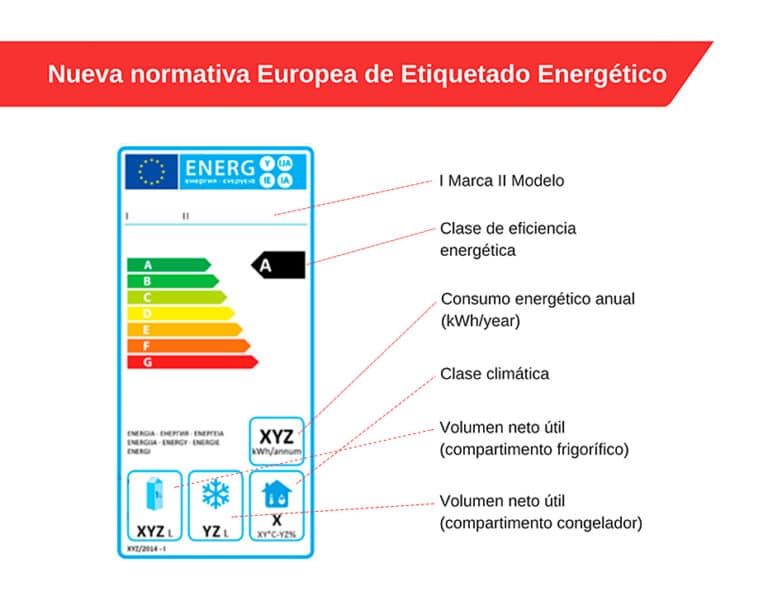Mantenimiento del sistema de combustible: save money and improve efficiency

The maintenance of the fuel system is an essential practice for every vehicle owner looking to save money and improve efficiency of their car. A fuel system in optimal condition not only ensures proper engine performance but also contributes to the reduction of fuel consumption. Conducting periodic checks, keeping filters clean, and using quality fuels are some of the key strategies that will maximize the vehicle’s operation and minimize unnecessary costs. Prevention is key to keeping the engine in its best condition and ensuring that every trip is as efficient as possible.
Proper maintenance of the fuel system in a vehicle is crucial to ensure its optimal performance and prolong its lifespan. It not only helps avoid costly repairs but also reduces fuel expenses, thus improving the vehicle’s efficiency. Throughout this article, the benefits of fuel system maintenance will be detailed, along with effective tips and strategies to achieve it.
Importance of fuel system maintenance
The fuel system is vital for the proper functioning of the engine, as it is responsible for storing, filtering, and supplying the correct mixture of fuel and air for efficient engine operation. Neglecting maintenance can result in the accumulation of residues, filter obstruction, and malfunctioning fuel pumps, which can lead to poor performance and increased gasoline consumption.
Tips for effective fuel system maintenance
To keep the fuel system in optimal condition, it is essential to follow some recommended practices that ensure efficient operation. Here are some practical tips:
Check and replace fuel filters
The fuel filters are responsible for keeping impurities and contaminants away from the engine. Over time, these filters can become clogged, resulting in restricted fuel flow and compromised engine performance. It is recommended to check and replace the filters according to the manufacturer’s maintenance schedule.
Use quality fuels
Choosing quality fuels is fundamental for the maintenance of the fuel system. Low-quality fuels can contain impurities that clog injectors and other components. Therefore, it is advisable to use fuels with good specifications and in compliance with established standards.
Keep injectors clean
The fuel injectors are responsible for atomizing the fuel in the engine. Over time, they can get dirty and affect the air-fuel mixture. Using injector cleaners or performing periodic cleanings can enhance engine efficiency and reduce gasoline consumption.
Economic benefits of fuel system maintenance
Investing in fuel system maintenance can result in significant long-term savings. An efficiently operating engine consumes less fuel and, therefore, reduces the overall operating costs of the vehicle. Moreover, a well-maintained vehicle is less prone to serious mechanical failures that can lead to costly repairs.
Strategies to optimize fuel consumption
In addition to maintenance, there are various strategies that can be implemented to optimize fuel consumption:
Efficient driving
Adopting efficient driving habits, such as maintaining a constant speed and avoiding sudden accelerations, helps maximize fuel performance. Reducing speed can significantly decrease fuel expenses.
Proper tire inflation
Keeping tires properly inflated not only improves vehicle safety but also optimizes fuel consumption. Deflated tires create additional resistance, causing the engine to work harder and consume more fuel.
Conclusion on fuel system maintenance
By combining proper maintenance of the fuel system with efficient driving habits, it is possible to achieve greater efficiency and economic savings. Implementing these practices contributes to prolonging the vehicle’s lifespan, reducing fuel expenses, and promoting more sustainable driving.
Learn more about the economic benefits of reducing fuel expenses and the importance of energy efficiency in fuel savings. Also, explore strategies for driving efficiently and reducing fuel costs and the future of energy efficiency in transportation. Finally, find out how vehicle weight affects fuel savings.
The proper maintenance of the fuel system is essential for ensuring the optimal performance of any vehicle. A well-maintained fuel system not only improves the engine efficiency but also significantly contributes to economic savings on fuel. This is achieved through preventive actions that ensure all components of the system operate efficiently.
Conducting periodic checks of the fuel system helps to detect potential problems before they become costly repairs. For instance, fuel filters should be replaced according to the manufacturer’s recommendations, as a clogged filter could affect fuel flow and reduce efficiency. By keeping these components in optimal condition, the lifespan of both the engine and the vehicle as a whole can be prolonged.
Additionally, ensuring that the fuel injectors are clean and functioning properly is crucial. A quality injector cleaner can improve not only engine performance but also fuel economy. Proper injection minimizes waste, contributing to the vehicle consuming less fuel during its operation.
Another aspect to consider is the use of a quality fuel. Choosing a good fuel not only enhances engine performance but also helps prevent harmful deposits and prolong the lifespan of the fuel system. Therefore, paying attention to these details can result in significant savings in the long term.
Implementing good driving practices, such as avoiding sudden accelerations and maintaining a constant speed, also influences performance. By combining proactive maintenance with efficient driving habits, fuel savings are maximized, making it an effective strategy for any vehicle owner.




